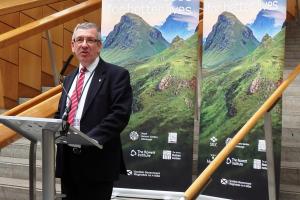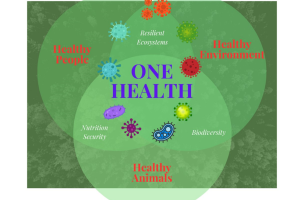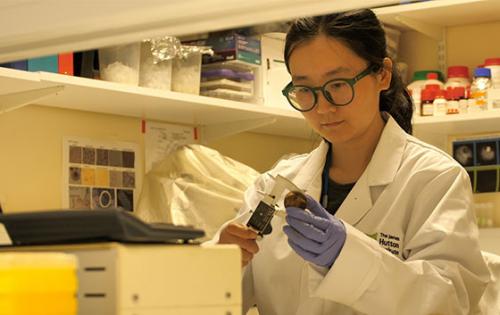
Globally we face significant challenges such as food security, climate change, biodiversity loss and changing geo-political factors. The need for innovation through new technology and practices has never been greater. Our projects directly develop useful tools and also create practices that enable stakeholder-researcher collaboration for innovation. Innovation is supported through Scottish Government's Underpinning of National Capacity and Research facilities within SEFARI and through individual strategic research and reactive projects. Examples include: the creation of the Conservation of Genetic Diversity tool kit; development of novel and underused crops; livestock breeding, plant breeding, livestock and plant disease diagnostics, livestock vaccines, virtual research-engagement tools and much more.
Sector Contact

Case Studies

We are pleased that Professor Ian Toth, Head of the Plant Health Centre, is able to tell us more about this new virtual centre and why working together is crucial for enhancing Scotland's resilience in the face of threats to arable crops, trees, horticulture, and wild plants. The Plant Health Centre joins three exisiting Scottish Centres of Expertise on climate, water and animal disease.
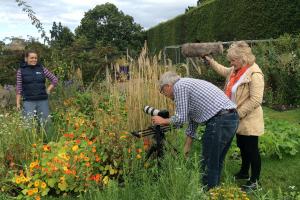
We are pleased that Annemarie Gibson of Circamedia, an Edinburgh-based film and multimedia production company, has provided us with some insights into what excited her whilst learning about SEFARI research and ultimately telling our story on film.

SEFARI is in a unique position to help individual businesses and other partners access publicly funded research to drive innovation and sustainable economic growth in Scotland. Our research on innovation stretches across the food and drink supply chain. We are working in partnership with Scotland Food and Drink, and are delighted their CEO James Withers has agreed to share his perspective.

Complex, multidimensional, interconnected data can be extremely difficult to communicate effectively even using classic visualisation tools. Gone are the days when we can just draw a straight line through a 2D scatter graph.

This week SEFARI is heading down south to London to take part in the UK's only food and drink cross-sector event, called Food Matters Live, which is taking place from 21st - 23rd November 2017 at London’s ExCeL.The free to attend event involves around 800 organisations and brings together a wide range of people and companies: food producers and retailers from small and medium enterprises to multi-nationals, UK and international-agencies; non-governmental organizations, research funders, scientists, nutritionists, students, politicians, food campaigners and chefs. Essentially, if you have even a remote interest in food there will be something there for you!
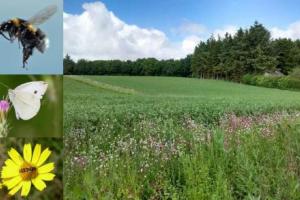
Our farmland environment is made up of a highly complex network of habitats that support an amazing diversity of plants and animals, microscopic soil organisms to farmland birds. Any changes to this intricate network of interactions can be subtle and sometimes unpredictable, so it is important we fully understand how our environment is changing over time.
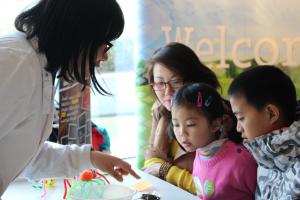
Since our launch event on 29 March 2017 we’ve been busy delivering against our aspirations for SEFARI research to have a real and positive impact on individual lives – the idea underpinning our strapline of Leading Ideas for Better Lives.
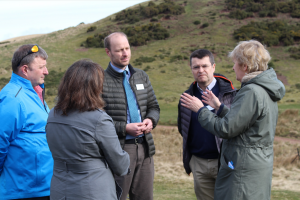
Today sees the launch of SEFARI – ushering in a new era of collaboration between six of Scotland’s leading Research Institutes – each with their own capabilities and global reputation.
Pagination
Blog

If there is one thing that we can all agree on when it comes to sustainable diets it is…well, nothing at all.
That is one of the most striking – and useful – findings of our recent research into what is stopping us changing what we eat to help tackle climate change.


